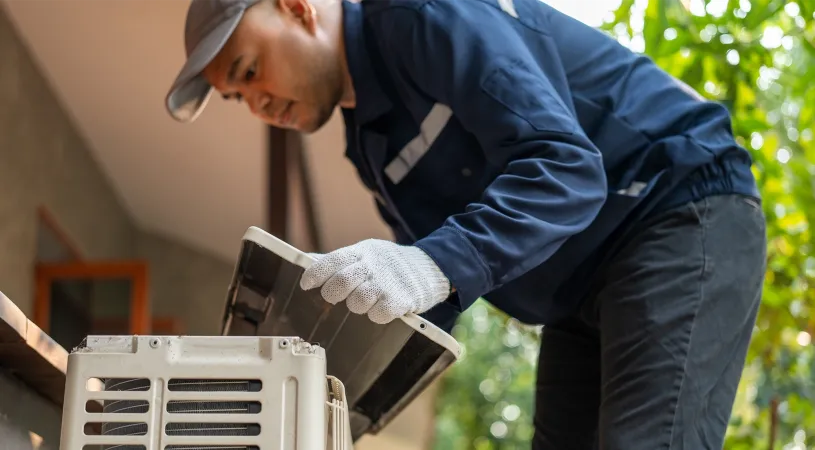In the spirit of the COP 30 Presidency’s call for a global mutirão – a collective effort to mobilize climate action – the Business Council for Sustainable Energy (BCSE) will lead a business delegation to COP 30 in Belém, Brazil that will bring forward credible solutions, partnerships, investments, and ideas to accelerate the energy transition and decarbonize agriculture, buildings, industry, and transportation. This case study is part of BCSE’s Granary of Solutions to deliver emissions reductions, increase resilience, and meet energy transition goals worldwide.
Highlights:
- New Jersey utility energy efficiency program incentivizes customers to reduce energy use while cutting energy costs, in the largest commitment to energy efficiency in state history
- Utility has conducted 95,000 home energy audits to assess potential energy-efficient improvements and issued more than 140,000 rebates for energy-efficient appliances
- The 465,000 participating customers save a total of $720 million each year
Case Study:
PSE&G, the largest electric and gas utility in New Jersey, is currently implementing 10 energy efficiency programs for residential, commercial, and industrial customers. These programs were originally approved by the NJ Board of Public Utilities (BPU) in September 2020, clearing the way for PSE&G to commit $1 billion toward energy efficiency. This was the largest commitment to energy efficiency in New Jersey history and includes programs tailored to help all PSE&G’s residential and commercial customers reduce their energy use with energy-efficient equipment, technologies, and strategies.
The programs launched in 2021 as part of the Clean Energy Future – Energy Efficiency (CEF-EE) Triennium 1, which ended in December 2024. With recent BPU approval, these programs have continued and expanded into the second triennium, which began in January 2025. Through these programs, nearly 400,000 customers have already taken action to reduce their energy usage and lower their annual electric and gas bills and more will continue to do so through June 2027.
The pathways for residential customers to participate in these programs include retail markdowns, post purchase rebates, HVAC instant rebates, and whole homes solutions, such as a pathway specifically designed for moderate income customers. Furthermore, PSE&G offers an appliance recycling program, through which older appliances are picked up and recycled for free, and the customer receives a rebate.
Having several initiatives and pathways empowers customers to lower their energy consumption, enhances home comfort, and ensures that energy efficiency is accessible to everyone, regardless of income level. PSE&G’s tools and experts are available to help customers determine which pathway and energy efficiency upgrades are right for them.
The second triennium will also include PSE&G’s Building Decarbonization initiative, which showcases its commitment to innovation and sustainability by integrating advanced technologies – such as cold climate air source heat pumps, ground source heat pumps, heat pump water heaters, and smart thermostats – to enhance energy efficiency and reduce carbon emissions in residential buildings. Comprehensive assessments, proper system sizing using ACCA Manual J reports, and a robust quality assurance process ensure optimal performance and long-term impact.
Overall, the initiative supports a cleaner energy transition while improving home comfort, affordability, and environmental responsibility. In addition to the building decarbonization program described above, the new demand response program will encourage customers to reduce electric consumption during peak demand periods and help them manage their overall usage to support the reliability of the electric grid.

